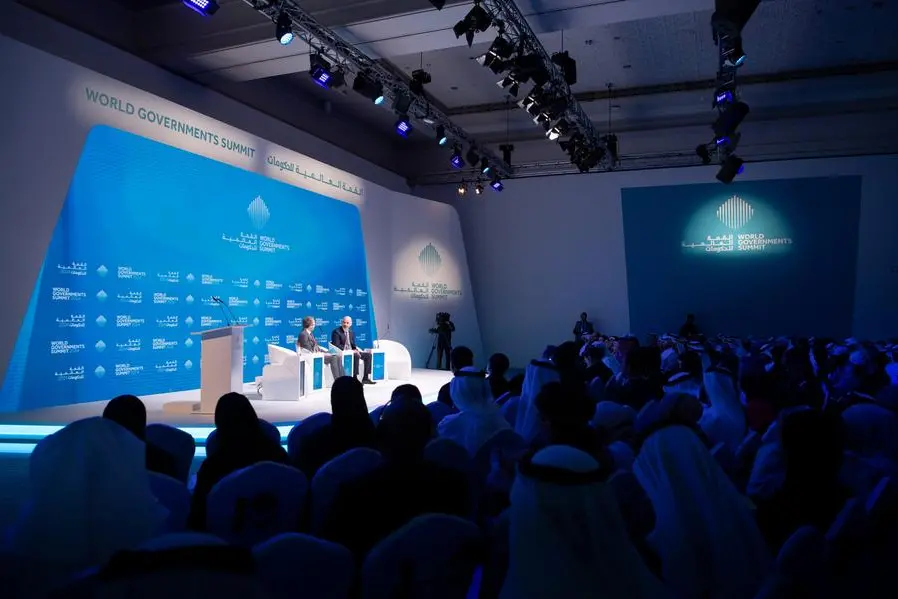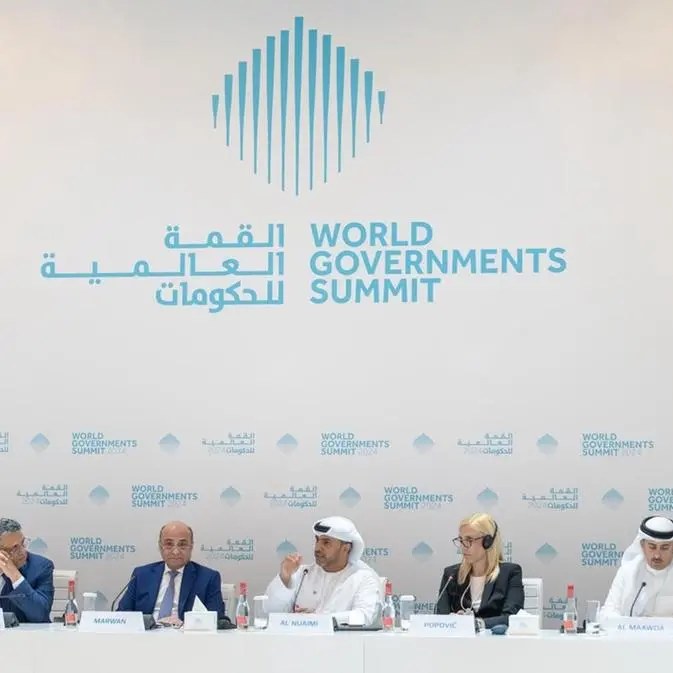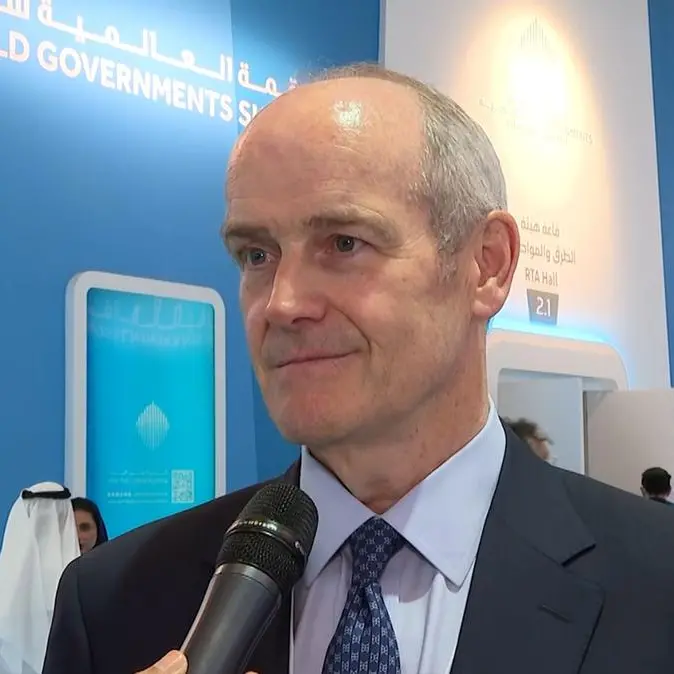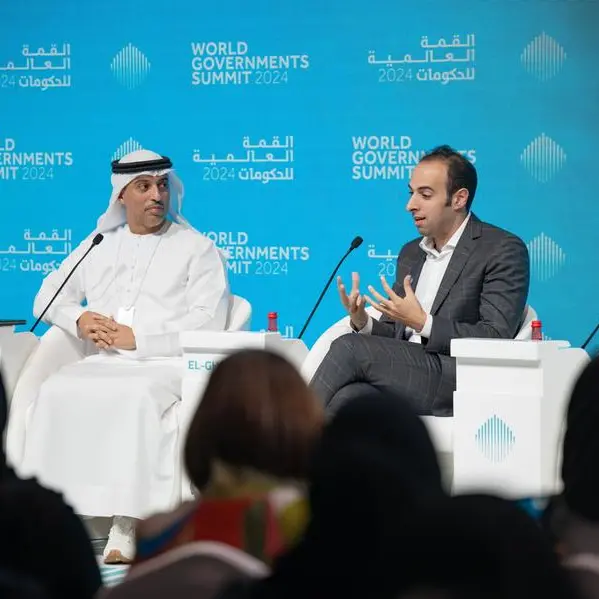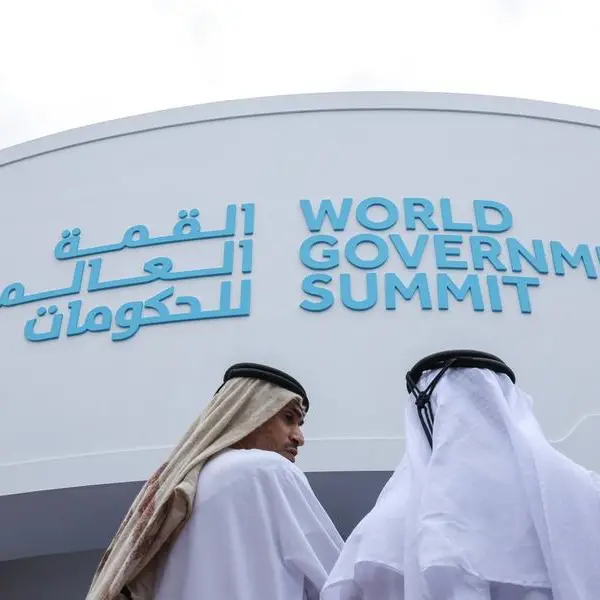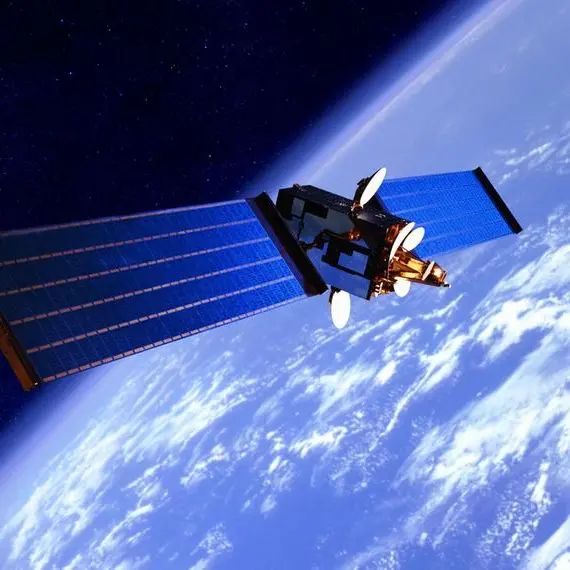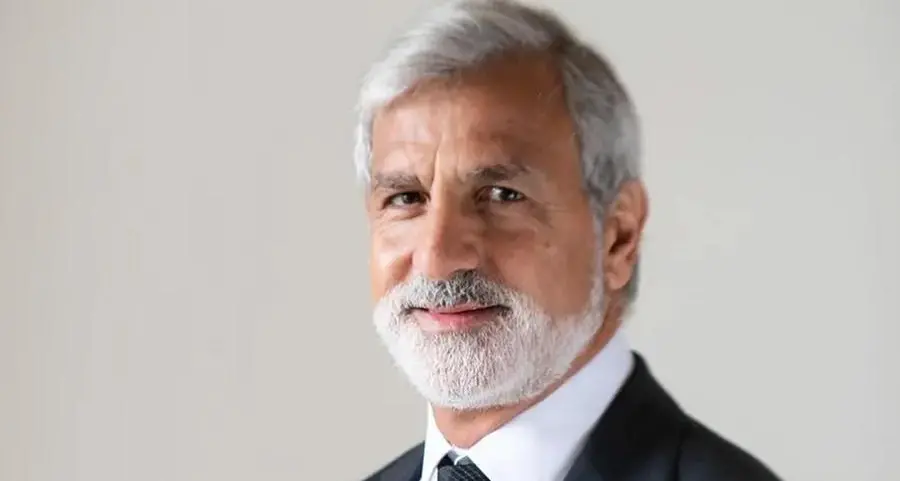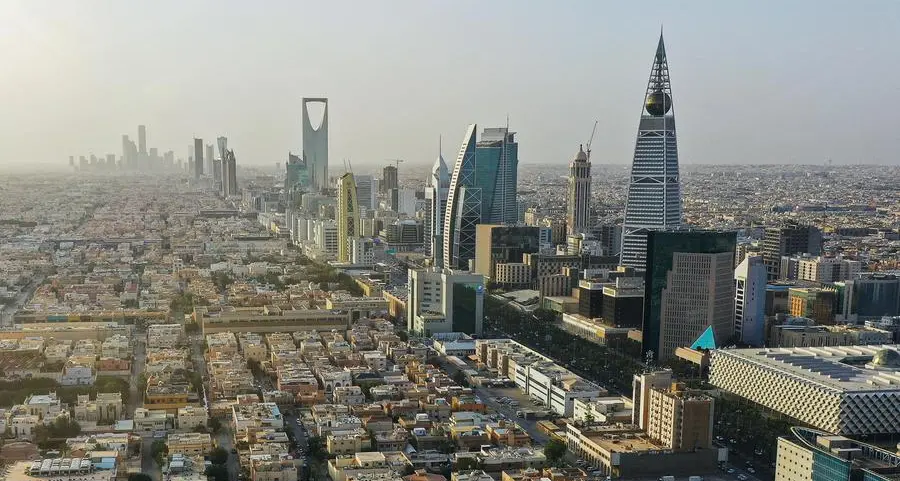PHOTO
Switzerland's participation in the World Governments Summit (WGS) is of particular importance and reflects its strong relations with the UAE across all fields, especially economic, as the UAE is Switzerland's main trading partner in the Middle East, with an annual trade volume of over 20 billion Swiss francs.
Switzerland attaches great importance to the summit, mainly since this year's summit addresses topics of particular interest to Switzerland, the foremost of which is the future of artificial intelligence (AI).
Switzerland announced during its participation in the World Economic Forum in Davos last month its initiative for trust and transparency in the field of artificial intelligence, which aims to bring together academia, policymakers and the private sector to seek practical and rapid solutions to mitigate the risks associated with AI and protect its users.
The Swiss government started working on developing guidelines for artificial intelligence in 2018 when it began developing a strong set of digital guidelines. These guidelines are designed to take advantage of the opportunities of digitisation in vital areas of life such as healthcare, education and transportation.
In 2020, the Swiss government also developed guidelines for the use of artificial intelligence in federal administration, ensuring its use in a coherent and ethical manner. The government's latest effort was in November 2023, when it called for an overview of the potential regulatory framework for artificial intelligence.
Swiss participation also pays great attention to the theme of clean energy being discussed at the World Governments Summit. Switzerland was one of the countries that praised the historic UAE Consensus at COP28 in December and the role of UAE diplomacy in enabling the conference to achieve important successes in putting the world on the right track to reduce climate change.
Switzerland has developed an ambitious programme for several clean energy projects. These programmes resulted in Swiss expectations last December that the year would end with about 1,500 megawatts of newly installed solar photovoltaic power, an increase of about 40 percent compared to the previous year.
According to expectations, Switzerland ended 2023 with a solar power capacity across the Alpine state of about 6,200 megawatts, helping to bring annual electricity production from this source to about 6 terawatt hours in 2024. As a result, total annual energy consumption in Switzerland is expected to reach 10 percent this year, with expectations of bringing Switzerland much closer to its target of adding more than 2,000 megawatts of new solar capacity annually from 2027 onwards.
Switzerland, which is deeply committed to the environment and climate issues in its plans for zero carbon emissions by 2050, has built the Nant de Drance Hydropower Plant. This plant is one of the largest hydroelectric power storage plants in the world with a storage capacity of 20 gigawatts.
